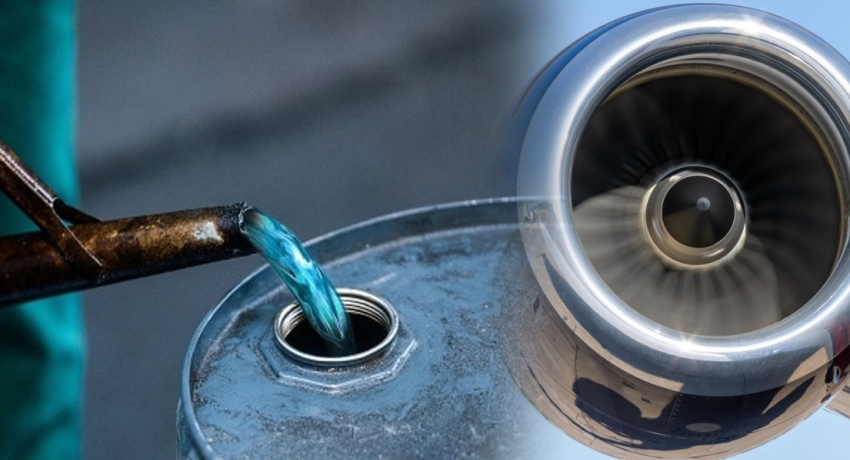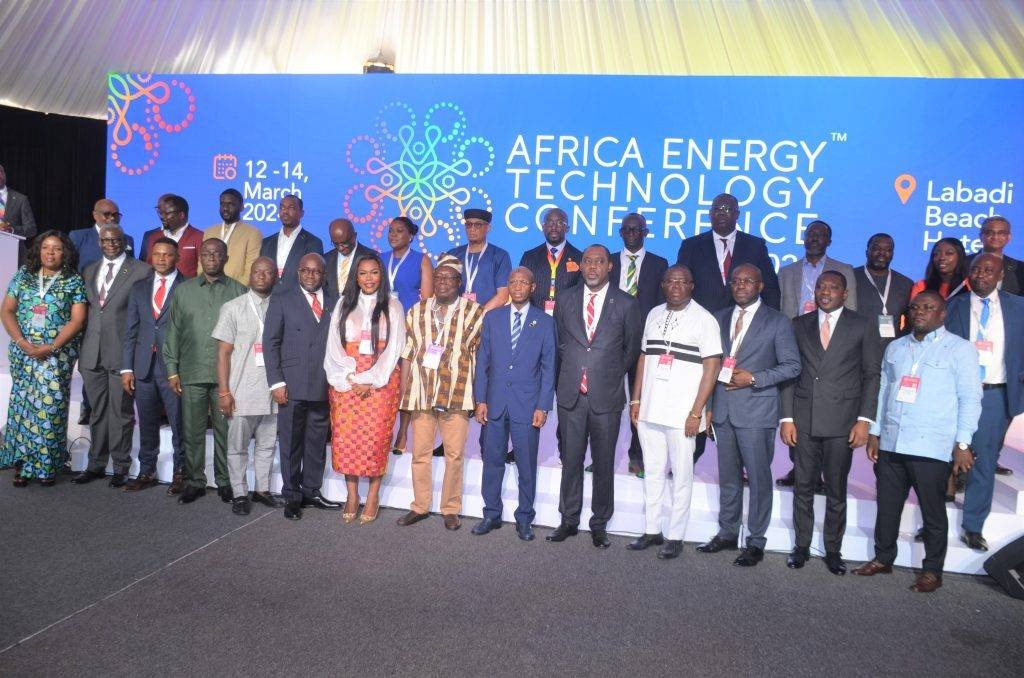
- EU directs focus towards Africa for sustainable aviation fuel (SAF) projects under the Global Gateway infrastructure fund.
- Ambitious 300 billion euro plan pledges half to African infrastructure, including clean jet fuel initiatives.
- The collaboration aims to develop SAF production, reduce aviation sector emissions, and boost ecologically friendly air travel.
An EU official revealed that the EU is exploring Africa to support clean jet fuel projects under its Global Gateway infrastructure fund in advance of an expected surge in demand for ecologically friendly air travel.
A competitor to China's Belt and Road Initiative, the EU has promised to devote half of its 300 billion euro ($324 billion) infrastructure plan to Africa.
The spokesperson claimed that the fund is now investigating sustainable aviation fuel (SAF) and that it has previously supported renewable energy projects, green hydrogen initiatives, vaccinations, and education programs in Africa.
In the context of the Global Gateway, the Commission is currently looking into possible co-financing mechanisms and guarantee instruments, said Stefan De Keersmaecker, a European Commission spokesperson. SAF production in the African continent has great potential, he added.
SAFs are low-carbon fuel substitutes for the aviation sector that may be produced using a variety of crops as feedstock. By December 31, the EU will begin a 4 million euro capacity-building program to support the certification and feasibility assessments of SAF in 11 African nations and India.
Selected projects may obtain funding from the Global Gateway after feasibility assessments, according to De Keersmaecker. More than 2% of the world's energy-related emissions come from the aviation sector, and the EU is imposing emissions reduction objectives that will force airlines to use more SAF.
According to the International Air Transport Association, this will contribute to an increase in the annual worldwide demand for SAF of 450 billion liters by 2050, which has increased interest in Africa's enormous tracts of underutilized agricultural land.
SAF manufacture is not happening right now in Africa. Additionally, creating feedstock supply chains would be difficult in Africa, where weak infrastructure, constrained refining capacity, and insufficient regulations might cause delays and raise prices, according to experts.
The greatest way to reduce the cost of SAF in the African continent and to have SAF that is produced sustainably is through local manufacturing, Allan Kilavuka, chief executive at Kenya Airways (KQNA.NR), said.
Nevertheless, businesses including Germany's Linde (LIN.DE), Italy's Eni (ENI.MI), South Africa's Sasol (SOLJ.J), and Denmark's Topsoe are moving forward with investments in African SAF and biofuels.
The African Civil Aviation Commission wants SAF to manufacture to begin in at least two African nations within a few years, with the possibility of a third, according to Frankline Omondi, environmental manager at the organization. He said that South Africa, Kenya, and Ethiopia are plausible options.
Read Full Story

















Facebook
Twitter
Pinterest
Instagram
Google+
YouTube
LinkedIn
RSS